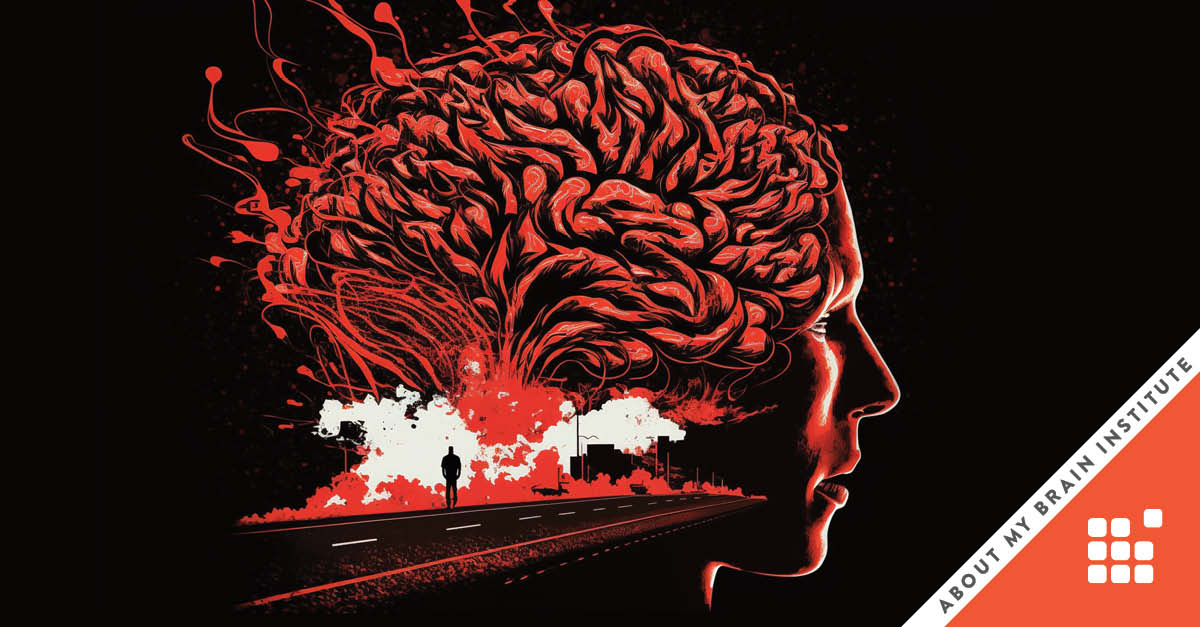Making Tough Choices
Attribute: Decisive

Benefits of Learning to Make Difficult Choices
Making difficult decisions is a universal experience and understanding the factors that influence our choices during such times is crucial. Learning to navigate these challenging moments not only impacts our immediate outcomes but also fosters personal growth, resilience and confidence. Difficult decisions are choices that involve significant consequences, competing priorities or conflicting values, making them emotionally and intellectually challenging. Learning to make difficult choices strengthens our decision-making muscles, enabling us to handle future challenges with greater ease and assurance.
- Enhanced Confidence: Successfully navigating difficult decisions boosts self-confidence, reinforcing your belief in your ability to handle complex situations.
- Personal Growth: Making tough choices often involves introspection and self-discovery, leading to greater self-awareness and personal development.
- Improved Resilience: Facing difficult decisions strengthens your resilience, making you better equipped to handle future challenges with composure and strength.
- Alignment with Values: Learning to make decisions that reflect your core values ensures that your choices are authentic and meaningful, leading to greater fulfillment and satisfaction.
Keep reading ↓
Keep reading ↓
Newsletter
Assess How You Make Difficult Decisions
Consider these self-reflective questions:
- What is my typical process for making difficult decisions?
- How do my emotions influence my decision-making in tough situations?
- When facing a challenging decision, do I consider the long-term consequences and alignment with my values and goals?
- How do I balance the perspectives of others with my own insights in the decision-making process?
These self-paced coaching questions can help you reflect on your approach to making difficult decisions and identify areas where you may want to refine your decision-making skills.
Keep reading ↓
Navigating Difficult Decisions
- Gather Information: Collect all relevant information and data to make an informed choice. Ensure you have a clear understanding of the options and potential outcomes.
- Embrace Uncertainty: Acknowledge that some decisions may not have a clear right or wrong answer. Embrace uncertainty and focus on making the best choice with the information available.
- Trust Your Intuition: Sometimes, gut feelings or intuition can guide you in making difficult decisions. Listen to your inner voice, especially when logic and emotion seem at odds.
By recognizing the complexity of decision-making, gathering information, reflecting on values, seeking advice and embracing uncertainty, you can navigate difficult decisions with greater clarity and confidence. Remember that difficult decisions are opportunities for personal growth and learning, allowing you to make choices that align with your values and aspirations.

Explore the Items
Read each article!
Supporting content
Ethics Articles
Check out the latest blogs to learn more about this topic!

Learning To Be Calm: The Neuroscience Behind Workplace Stress

Impulse Control In Leadership

How Energy & Vitality Enhance Your Performance
Bibliography
This article has been inspired by the following sources:
- Cook, J. (2022). Why indecision makes you smarter. BBC Worklife. https://www.bbc.com/worklife/article/20221111-why-indecision-makes-you-smarter
- Singh, R. (2021, September 9). How do I overcome chronic indecision and make progress with my life? The Guardian. https://www.theguardian.com/lifeandstyle/2021/sep/09/how-do-i-overcome-chronic-indecision-and-make-progress-with-my-life
- Damiano, S. (2019). Decisions and attention. About My Brain Institute. https://www.aboutmybrain.com/blog/decisions-and-attention-2
- Damiano, S. (2019). A new kind of leader is needed. About My Brain Institute. https://www.aboutmybrain.com/blog/a-new-kind-of-leader-is-needed

